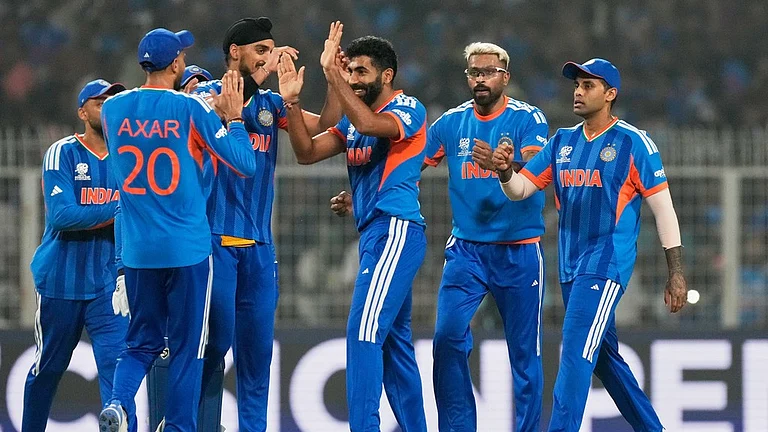On April 16, 2010, 35-year-old Kapali, a native of Bengaluru was admitted to Santhosh Hospital for a C-section. Kapali, who went into the labour room by walking was declared dead after a few hours along with her unborn child. The doctors explained to the family of Kapali that she had developed a sudden reaction to the anaesthesia and they could not bring her back. However, the post-mortem said that Kapali had suffered a serious fracture in the sacroiliac joint (the pelvic bone) and there was a clot in the womb area. The left ribs from three to seven were also fractured suggesting a high probability of a fall from the operation table.
Thirteen years after her death, in May 2023, the National Consumer Dispute Redressal Commission held the hospital responsible for her demise and ordered the medical institution to pay rupees 1.25 crore in compensation to the family. This is the highest amount of compensation ordered to be paid to the family of the deceased in a case of medical negligence in the recent past.
India has observed a notable rise in allegations of medical negligence. Concurrently, the revised set of criminal laws, which replaced the IPC, CrPC, and The Indian Evidence Act, heightened penalties for various offences. Yet, a significant shift occurred concerning medical negligence.
Under the Indian Penal Code, Section 304 (A) prescribed a two-year imprisonment term for negligence resulting in death, not amounting to culpable homicide. This section applied uniformly, whether the loss of life occurred due to a driver on the road or a doctor in a hospital. However, the recently enacted Bharatiya Nyaya Samhita, replacing the IPC, now imposes a five-year imprisonment for causing death due to negligence, excluding doctors from this increased jail term. Nevertheless, doctors remain subject to the same two-year imprisonment if negligence is proven.
Section 106 (1) of the Bharatiya Nyaya Samhita states; ‘Whoever causes the death of any person by doing any rash or negligent act not amounting to culpable homicide, shall be punished with imprisonment of either description for a term which may extend to five years, and shall also be liable to fine; and if such act is done by a registered medical practitioner while performing medical procedure he shall be punished with imprisonment of either description for a term which may extend to two years and shall also be liable to fine’.
On the contrary, section 106 (2) states; ‘Whoever causes the death of any person by rash and negligent driving not amounting to culpable homicide shall be punished with imprisonment of either description of a term which may extend to ten years and shall also be liable to fine’.
This privilege given to the doctors who commit the act of negligence is not explained in the Parliament. Instead, Home Minister Amit Shah said that considering the request put forward by the Indian Medical Association, the Government would consider excluding doctors from the purview of the offence causing death by negligence.
The Supreme Court of India has significantly broadened the scope of Article 21 through various rulings, incorporating the right to health and medical care. In the case of 'Consumer Research Education Vs Union of India,' the Court established that the 'right to health and access to medical aid for preserving health' constitutes a fundamental right under Article 21. Additionally, in the case of 'Pt Paramanand Katara Vs Union of India,' the Supreme Court emphasized that 'every doctor holds a professional obligation to provide their services with the necessary expertise to safeguard life.'
Indian jurisprudence concerning medical negligence traces its roots to British law. The pivotal case of Bolam Vs Frien HMC, dating back to 1957 and commonly known as the Bolam rule, has served as the bedrock for Indian courts in adjudicating cases of medical negligence. However, the Bolam rule has faced significant criticism for its perceived bias in favour of doctors, as it confers upon them the authority to define the standards of medical ethics.
An authentic record of the data of the cases of medical negligence in India is not available. Ashwini Kumar Choubey, the Minister of State in the Ministry of Health and Family Welfare in an answer tabled in Lok Sabha on July 19, 2019, makes it clear that such data is not maintained by the Union Government. However, the data provided by the minister about the status of complaints and punishments throws some light on the matter. In 2017, 69 cases have been awarded punishment which constitutes 44 per cent of the total cases referred to the Medical Council of India. Forty cases constituting 28.5 per cent of the total cases of medical negligence have been given punishment in the year 2018 while the number of cases that were deemed criminal was 28 ( 46 per cent ) in the first half of 2019.






















